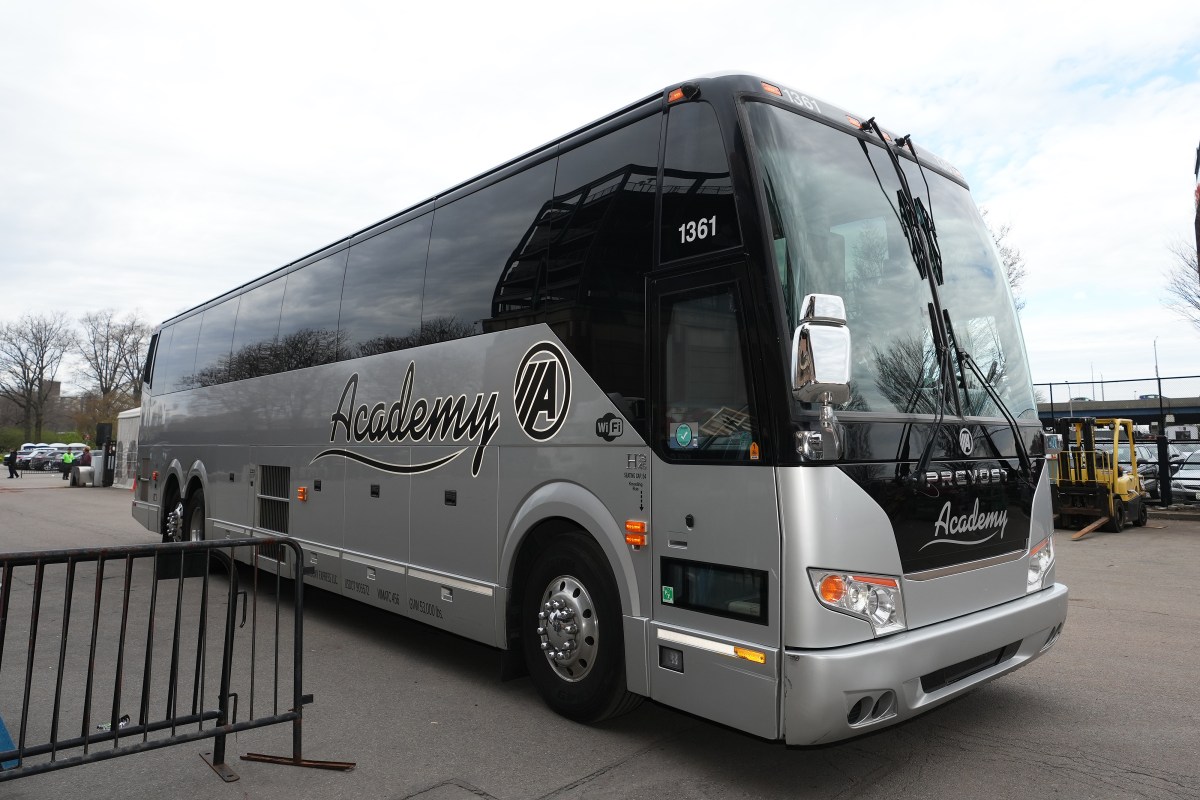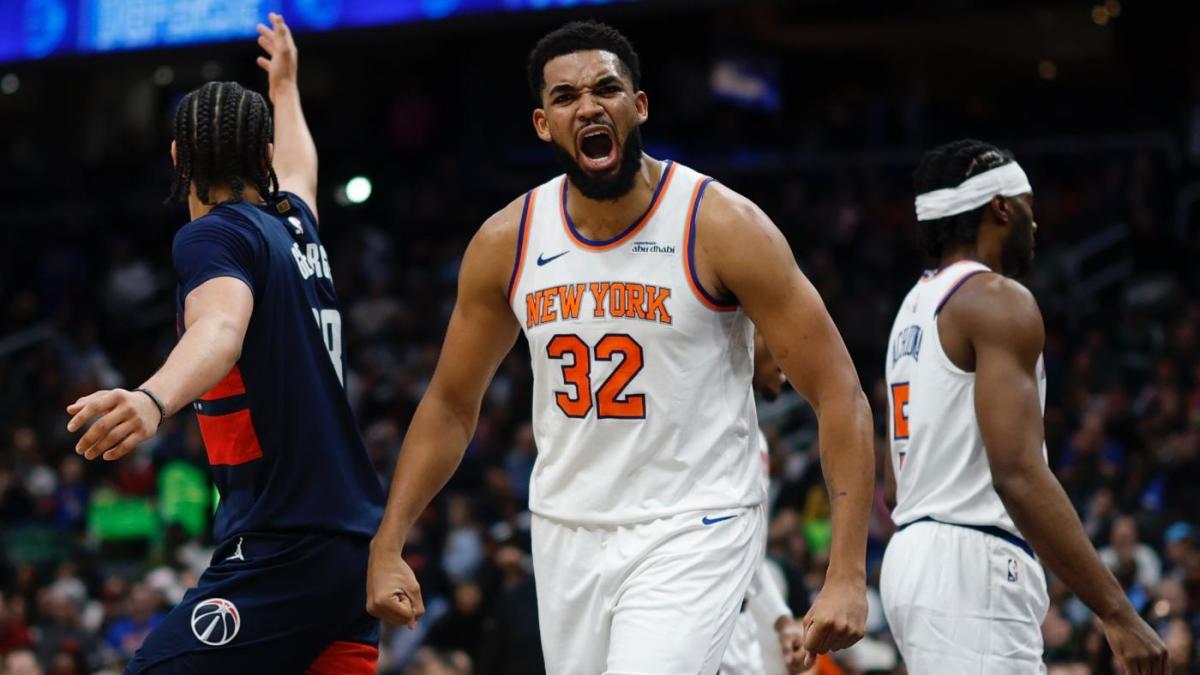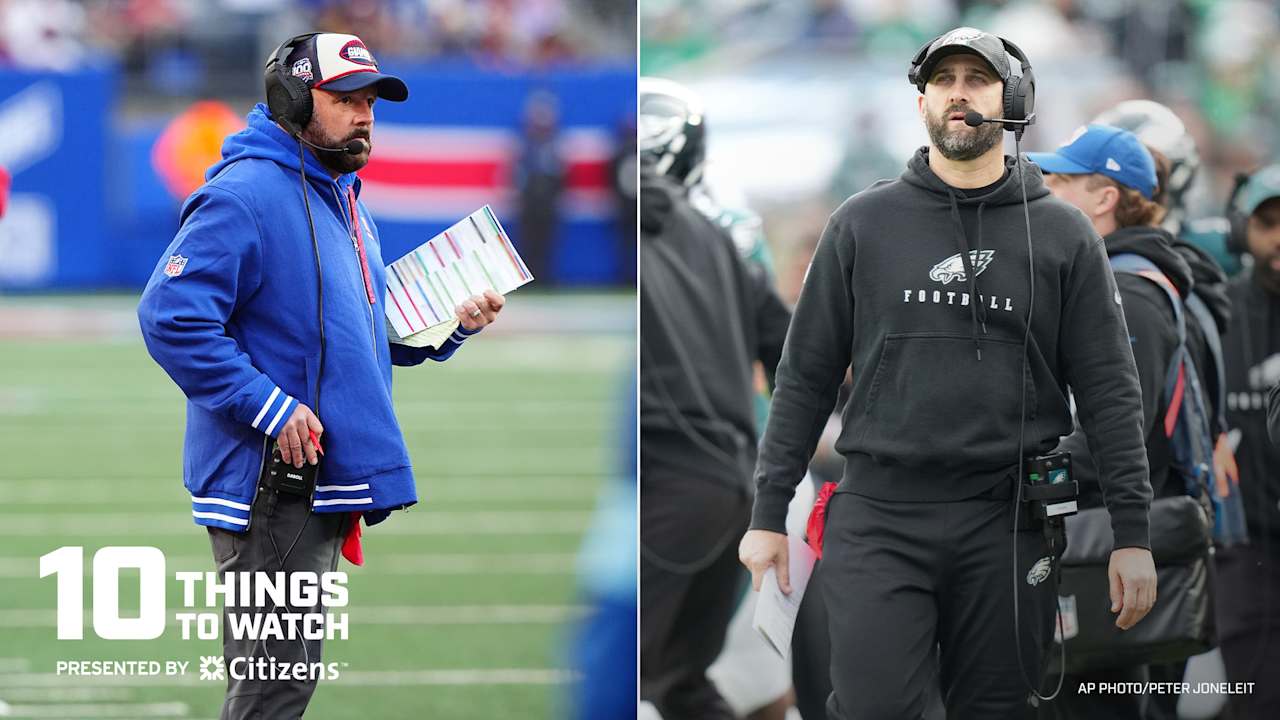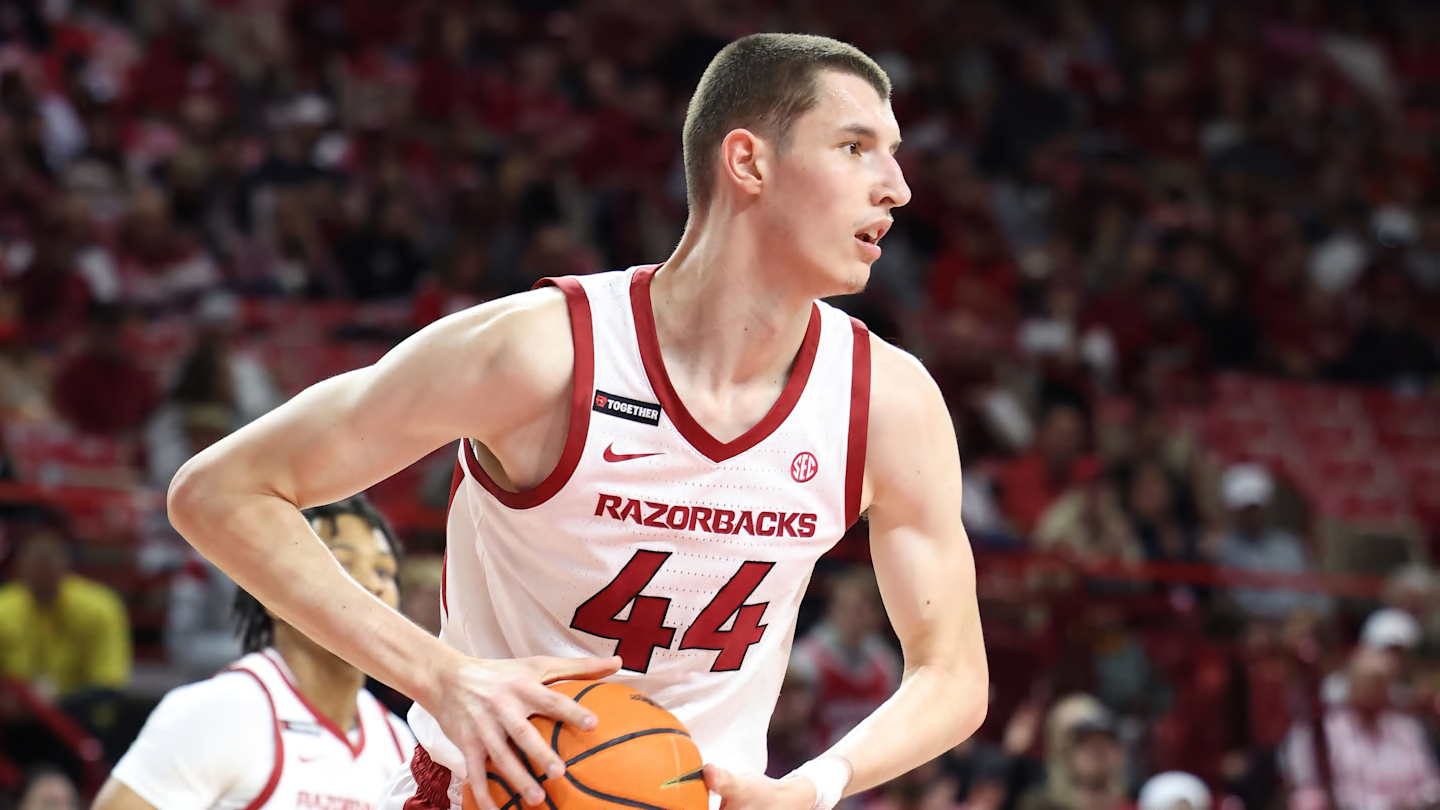Infra
These are new traffic laws in New York slated for 2025

Traffic on the Queens side of the Queens-Midtown Tunnel.
Marc A. Hermann / MTA
New year, new transportation laws. The arrival of 2025 brings with it a list of New York driving laws going into effect in the Empire State.
These include laws centered around bus safety, car leases and, not to be outshined by other mandates, congestion pricing in Manhattan.
Here is what you need to know about traffic laws in New York going into effect in 2025.
Seat belts on charter buses

Known as Legislation S9361/A8557, this law requires all passengers on charter buses between ages 8 and 16 to use the provided seatbelts. It goes into effect on April 21.
Assembly Member Bill Magnarelli of Syracuse sponsored the proposal, which Gov. Kathy Hochul signed into law on Oct. 23, 2024. A deadly crash in Orange County last year involving a bus carrying band members from Long Island’s Farmingdale High School prompted the legislation.
“Public safety is my top priority, and I’m committed to taking every possible step to keep New Yorkers safe,” the governor said in a statement to amNewYork Metro. “After the deadly crash in Orange County last year, we worked to make charter buses safer for all passengers. This new law will save lives.”
Violations of the new law once it is in effect can result in a fine of up to $50.
Turn-in fees and car leasing
Leasing a car this year? A new law will go into effect to help drivers by banning what the state calls unnecessary fees for leased cars.
Anyone leasing a car in New York will no longer have to pay administrative, clerical or handling charges, such as the infamous turn-in fee. The law will go into effect on New Year’s Day.
The legislation “prohibits charging a turn-in fee at the expiration of the term of a vehicle lease, the basis of which is solely for administrative, handling or clerical charges,” NYS Senator James Sanders from Queens, who sponsored the proposal, said.
Hochul signed the bill into law on Nov. 25 as part of a larger legislative package that includes consumer protections surrounding health club contracts, telemarketing and restaurant inspection grades.
Speed limit reductions
The city Department of Transportation (DOT) began lowering speed limits in select locations following the enactment of Sammy’s Law in 2024, which gives the city the go-ahead to reduce speed limits to 20 miles per hour with proper signage on individual streets.
Speed limits can even go as low as 10 miles an hour on roads undergoing safety-related redesigns, the DOT said.
The department plans to lower speed limits in 250 NYC locations by the end of 2025, prioritizing school zones and other areas in the city.
Sammy’s Law is named after 12-year-old Sammy Cohen Eckstein, who was struck and killed by a driver in Brooklyn in 2013.
Looking back on 2024 improvements
Meanwhile, on Tuesday, Hochul said that more than 2,800 lane miles of state and local highways were improved, and more than 3,100 bridges were replaced, rehabilitated, or improved in 2024.
Of those numbers, over 50 lanes were paved and over 900 bridge projects were accomplished in New York City.
The governor said the state made the improvements to revitalize New York’s infrastructure.
“We are steadfast in our determination to give New Yorkers the modern, dependable and resilient transportation network they deserve, and in 2024 we made remarkable progress toward achieving that goal,” she said. “These enhancements to our roads and bridges will improve mobility for motorists, pedestrians and cyclists alike, and help ensure that people and goods continue to get where they need to go, safely and efficiently.”
And of course … congestion pricing
While not a new law, this is another reminder that the MTA will implement congestion pricing at midnight on Jan. 5 — the culmination of a Manhattan tolling system which the state Legislature and then-Gov. Andrew Cuomo enacted back in 2019.
Vehicles entering Manhattan south of and including 60th Street will pay a base toll of $9. Tolls will vary based on the type of vehicle, time of day, whether any crossing credits apply, and the method of payment.
A full toll rate sheet is online at new.mta.info.
The program will not apply to vehicles traveling exclusively on the FDR Drive, West Street and West Side Highway, or the Hugh L. Carey Tunnel connecting to West Street.
The MTA said that money from the program will help pay for improvement projects around city’s bus and train system, such as more modern signals, new rail cars, better accessibility, including elevators, at subway stations, and constructing the Second Avenue Subway extension to East Harlem.









